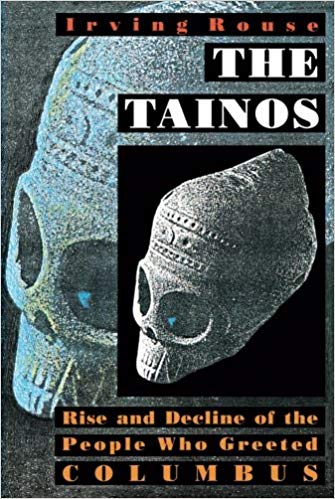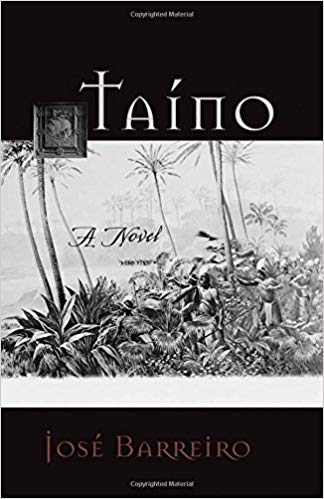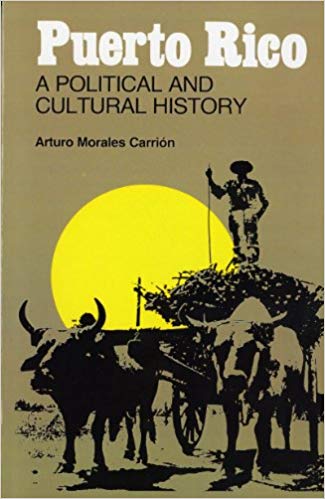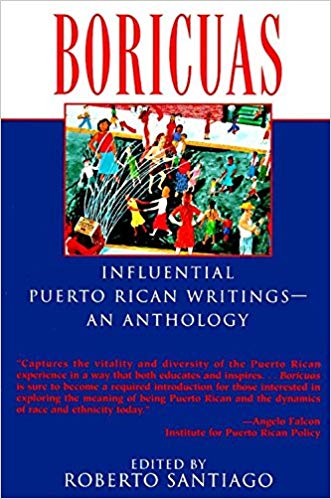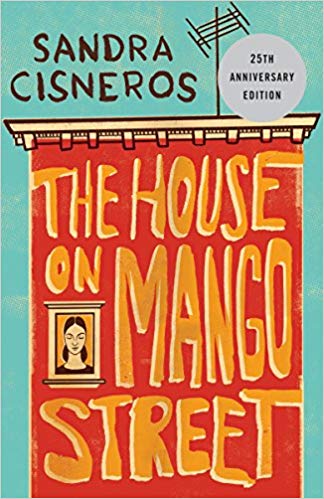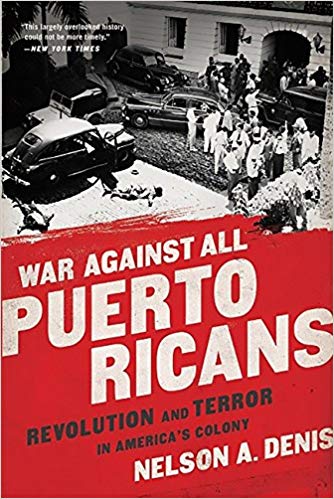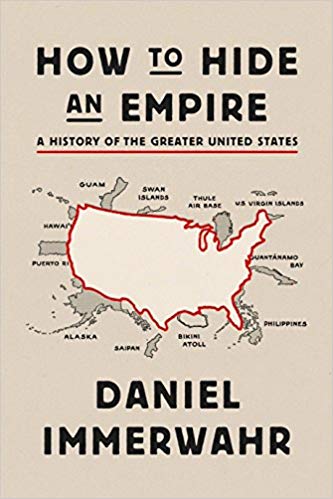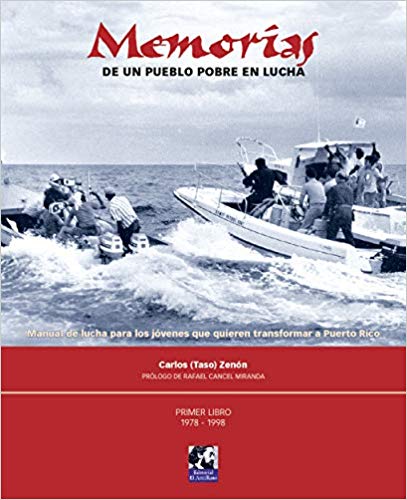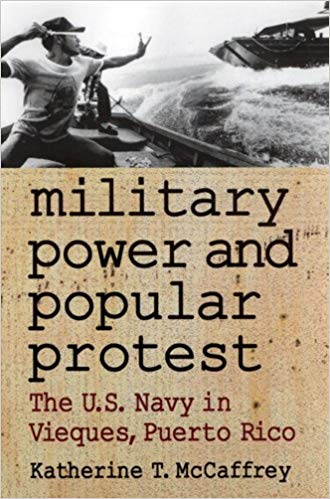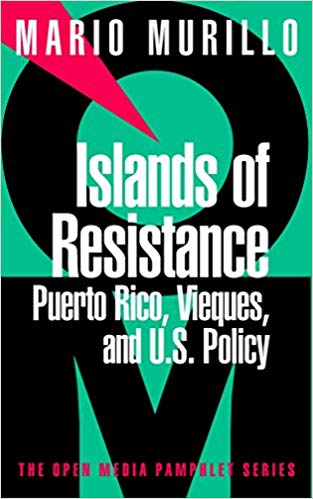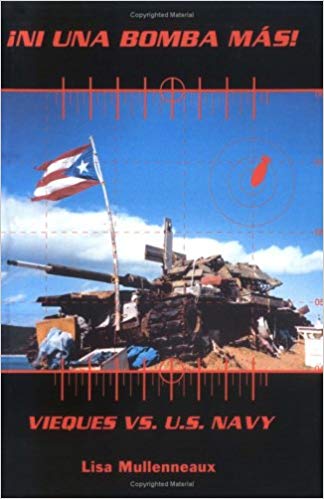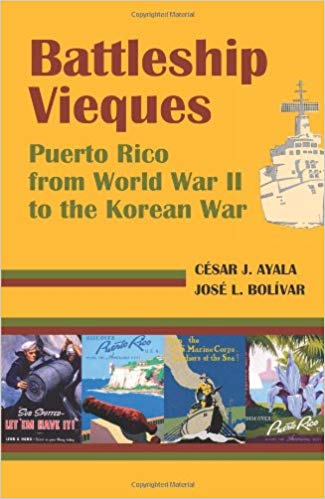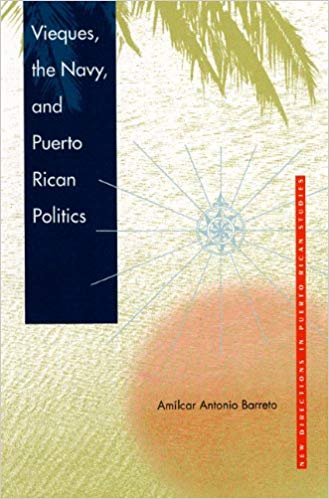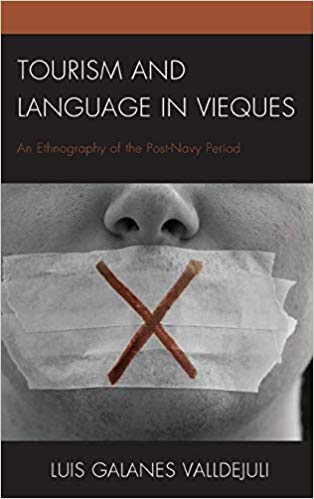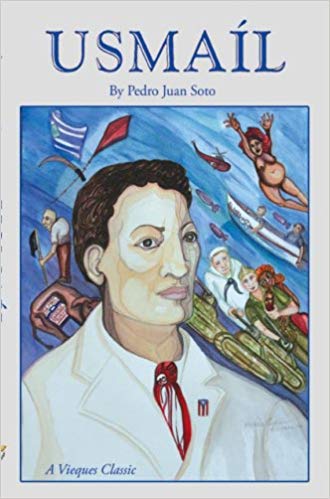Recommended Reading
The Tainos: Rise and Decline of the People Who Greeted Columbus
Drawing on archeological and ethno-historical evidence, Irving Rouse sketches a picture of the Tainos as they existed during the time of Columbus, contrasting their customs with those of their neighbors.
Taino: A Novel
“Written” by Guaikán, the elderly Taino man who, in his youth, was adopted by Christopher Columbus and saw history unfold, Taino is the Indian chronicle of the American encounter, the Native view on Columbus and what happened in the Caribbean.
Taíno Indian Myth and Practice
Applying the legend of the “stranger king” to Caonabó, the mythologized Taíno chief of the Hispaniola settlement Columbus invaded in 1492, Keegan examines how myths resonate as history–created by the chaotic interactions of individuals & those write and read about them.
Puerto Rico: A Political and Cultural History
Attention to problems related to the Puerto Rican search for identity makes this a book of special interest to Americans and Puerto Ricans alike. “Understanding the island,” says the author, “involves transcending an effort at empathy and insight.”
Boricuas: Influential Puerto Rican Writings
“Boricua is what Puerto Ricans call one another as a term of endearment, respect, and cultural affirmation; it is a timeless declaration that transcends gender and color. Boricua is a powerful word that tells the origin and history of the Puerto Rican people.”
The House on Mango Street
The House on Mango Street is the story of a young Latina girl growing up in Chicago and inventing for herself who and what she will become told in a series of vignettes – sometimes heartbreaking, sometimes deeply joyous.
War Against All Puerto Ricans
Using declassified FBI files, War Against All Puerto Ricans tells the story of a forgotten revolution and its context in Puerto Rico’s history, from the US invasion in 1898 to the modern-day struggle for self-determination.
How to Hide an Empire
In How to Hide an Empire, Immerwahr shows how U.S. doctors conducted grisly experiments on Puerto Ricans they would never have conducted on the mainland and charts the emergence of independence fighters who would shoot up the U.S. Congress.
Memorias de un pueblo pobre en lucha
No se trata de un libro de historia, aunque narra la historia inédita de las acciones audaces de unos pescadores pobres de la comunidad de La Esperanza en Vieques. que a la larga provocaron la salida de Puerto Rico de la Marina imperialista de EEUU.
Military Power and Popular Protest
Katherine T. McCaffrey gives a complete analysis of the troubled relationship between the U.S. Navy and a grassroots mobilization led by fishermen that began in the 1970s.
Islands of Resistance
In Islands of Resistance, Mario A. Murillo examines how Puerto Rican politics have been shaped by 100 years of U.S. economic, military, and cultural domination.
Ni Una Bomba Mas!
A description of the civil disobedience movement on Vieques, Puerto Rico, that forced the U.S. Navy to abandon its use of the island as a bombing range.
Battleship Vieques
The U.S. Navy ignored the culture of Puerto Rico, introduced racial discrimination, forced the relocation of its population, and showed no concern for the local economy, resulting in their forced removal in 2003.
Vieques, the Navy, and Puerto Rican Politics
“This book highlights a political struggle engaged in by Puerto Ricans which raises attention regarding the inconsistencies between the United States as a democratic society and its treatment of a nation that continues to be colonized.”
Tourism and Language in Vieques
Tourism and Language in Vieques is an ethnography on tourism, power, and language of Viequense subalterns silenced in the face of tourism to reveal the mechanics of ‘epistemic violence.’
Usmail
USMAÍL is a work of fiction that takes place during the year that 26,000 of Vieques’ 33,000 acres were expropriated for the establishment of a US Navy Base, forcing thousands off land their families had occupied for generations.
